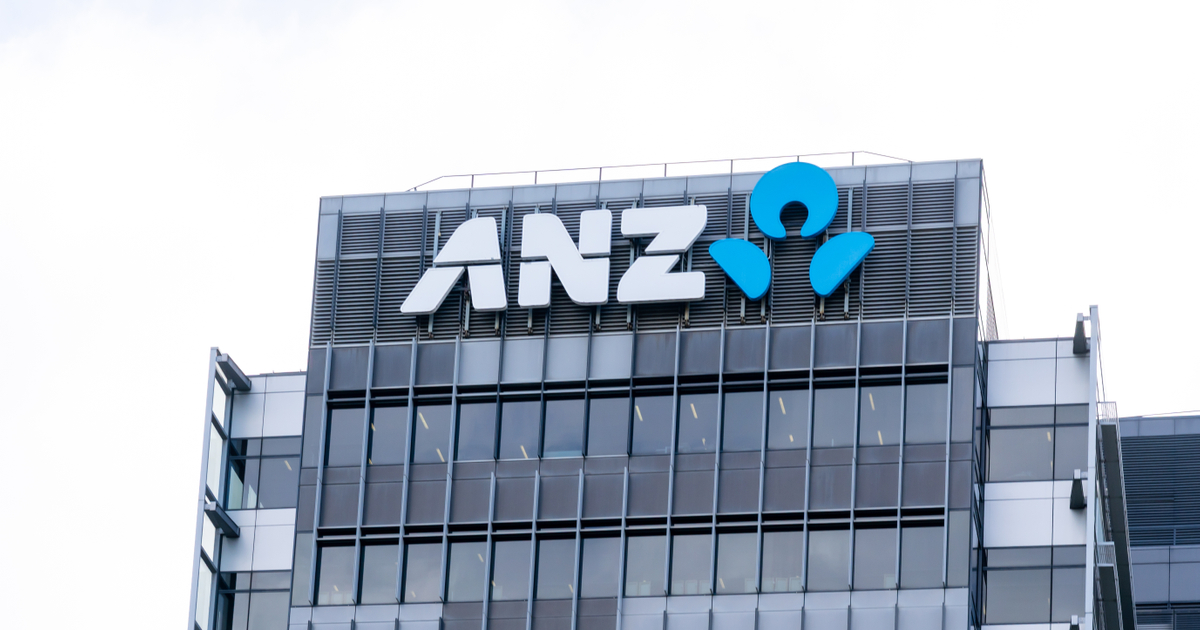Pick of the Day: “In Treatment”
Ten years after its Season 3 finale, HBO therapy drama “In Treatment” returns for its fourth season with a different protagonist. Uzo Aduba takes the reins from Gabriel Byrne as the star of series — and what a joy...
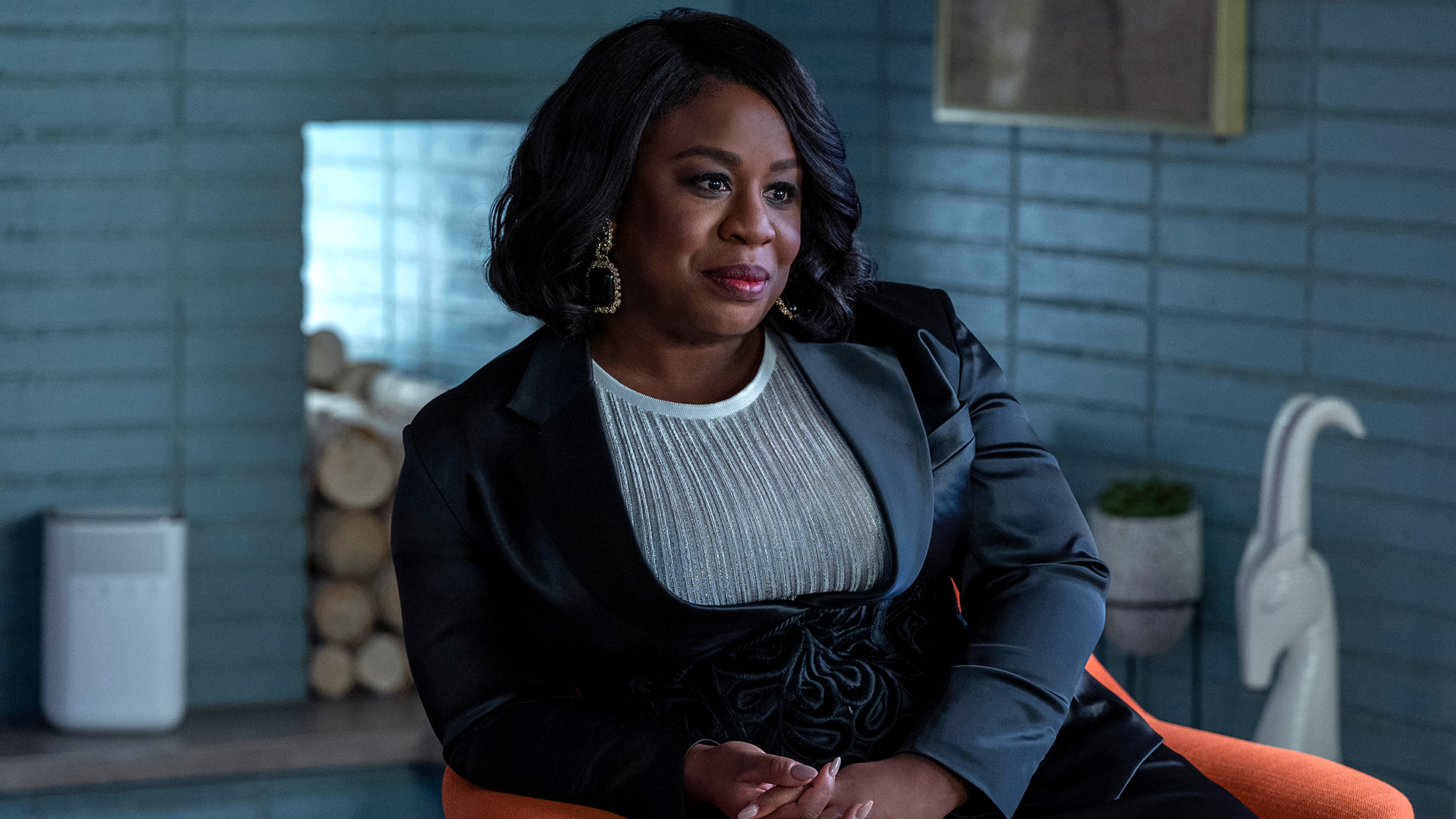
Ten years after its Season 3 finale, HBO therapy drama “In Treatment” returns for its fourth season with a different protagonist. Uzo Aduba takes the reins from Gabriel Byrne as the star of series — and what a joy it is to see the her take the lead of a project following Emmy-winning supporting turns in “Orange Is the New Black” and “Mrs. America.”
Set in LA amidst the COVID-19 crisis, the 24-episode reboot sees Dr. Brooke Taylor (Aduba), an in-demand therapist, struggling to convince her patients that “therapy doesn’t have a target audience” and “everyone can benefit.” Some of her patients claim to be open books enthusiastic about the prospect of digging deep, while others are openly hostile about the prospect of sharing their most intimate, vulnerable feelings with a near-stranger. It quickly becomes clear that, despite what they may say, all of them are reluctant to open up about their lives, and especially resentful about being nudged toward looking inward.
Each of her patients — Laila (Quintessa Swindell), an 18-year-old lesbian brought in by her grandmother who claims that she “chooses” to be gay and wants her granddaughter to realize she already has enough to deal with as a Black woman; Eladio (Anthony Ramos), a 20-something home health aide who can’t sleep and struggles to set boundaries with his employers; Colin (John Benjamin Hickey), a middle-aged white collar criminal who is being forced to receive treatment as part of his parole — aren’t talking to Brooke because they want to be. Laila’s there because her grandmother gets whatever she wants, Eladio because he’s desperate for a lithium prescription, Colin because the court has deemed his volatile behavior a risk and his freedom is contingent on Brooke’s green light.
Brooke faces a great deal of resistance from each of them, but eventually gets them to open up about insomnia, sex addiction, anger issues, racism, and so much more. The conversations don’t flow freely — there’s a lot of stopping and starting, and the patients tend to put the brakes on just when the dialogue is starting to open up and get somewhere. The tension between Brooke and her patients is compelling, but in the weaker moments of the show “In Treatment” can feel stagey given its boxed-in setting and the dialogue.
The series isn’t just about Brooke’s rapport with her patients. The therapist has demons of her own, and her practice has her feeling overwhelmed, especially given the climate she’s working in. “These people are looking to me to tell them what to do about this moment we are in,” she says. And she’s struggling to figure that out for herself.
The show rests on Aduba’s shoulders — she’s featured in nearly every second of what I’ve seen so far — and she delivers a performance that shows just how deserving she is of being cast in more leading roles.
“In Treatment” premieres May 23 on HBO and HBO Max. Jennifer Schuur and Joshua Allen serve as showrunners. Michelle MacLaren directed its first four episodes.

 Tfoso
Tfoso 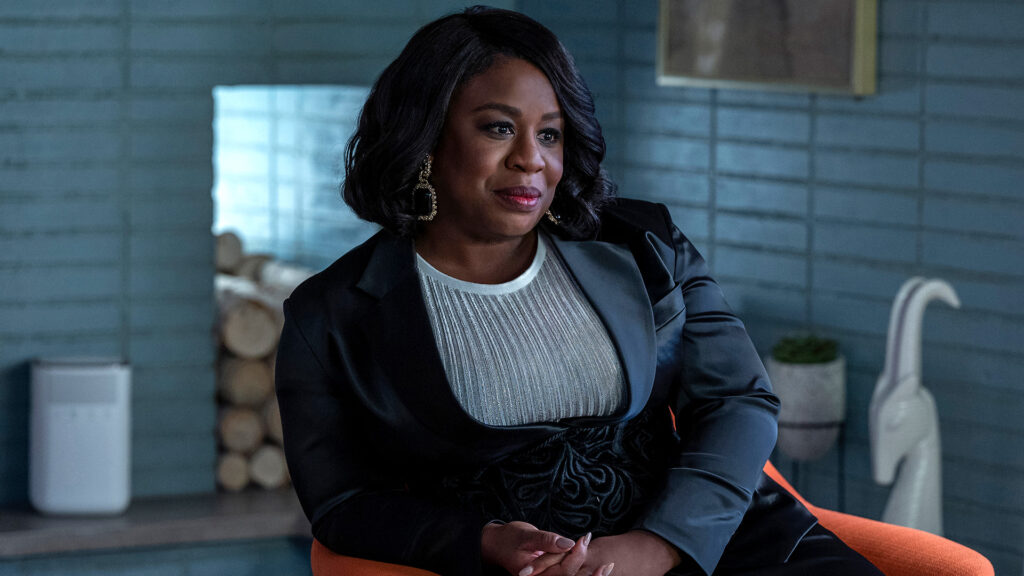








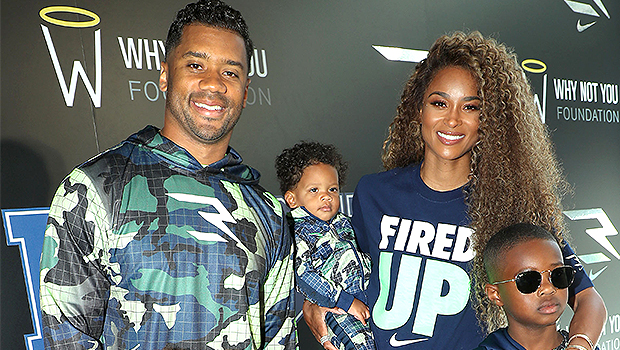


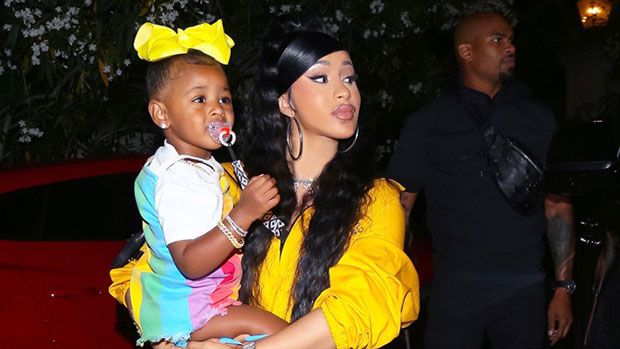

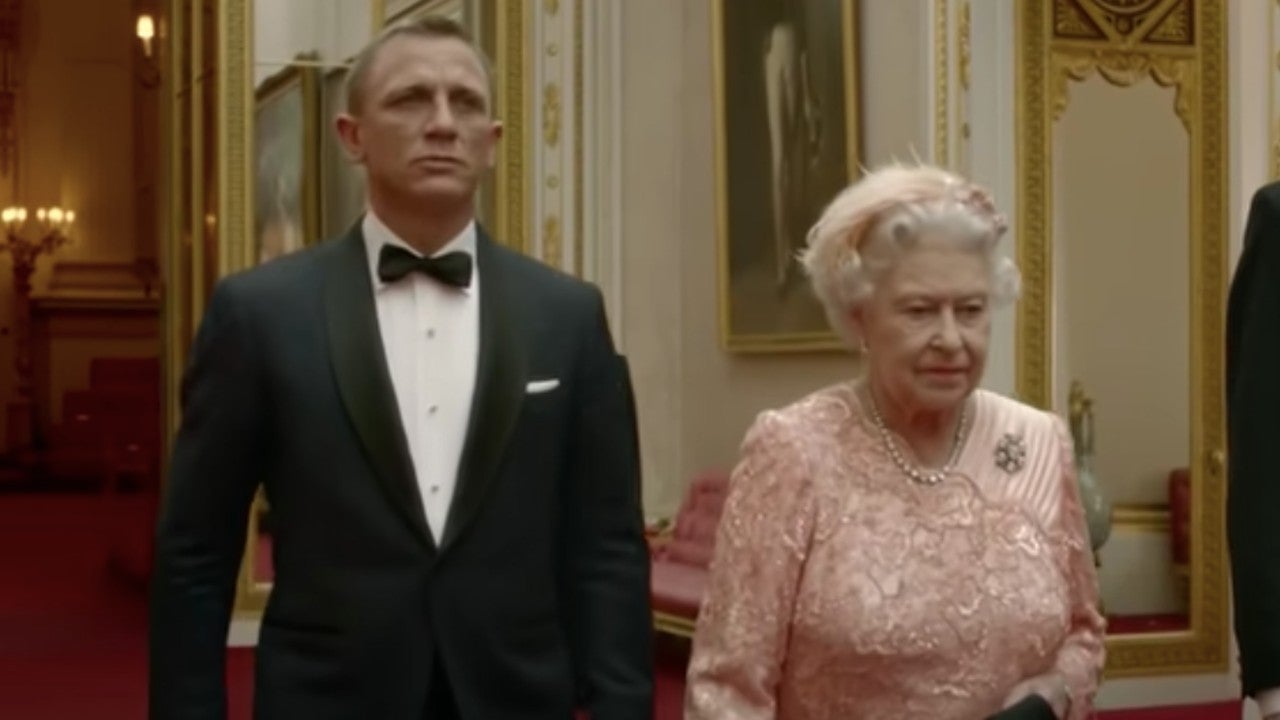













.jpg&h=630&w=1200&q=100&v=f776164e2b&c=1)





